ULTEM 1010 has the highest heat resistance, chemical resistance and tensile strength compared to other FDM thermoplastics. It is available in transparent, opaque and glass-filled grades.
ABS is capable of withstanding temperatures of up to 100°C. Its heat deflection temperature is between 88-89°C and its melting point of about 200°C. ABS is also known for its toughness and resistance to impact. These allow for the printing of parts to be subjected to
ABS is capable of withstanding temperatures of up to 100°C. Its heat deflection temperature is between 88-89°C and its melting point of about 200°C. ABS is also known for its toughness and resistance to impact. These allow for the printing of parts to be subjected to
This material has broad application in custom
for metal or plastic parts fabrication, medical tools and temperature resistant dies.
Acrylonitrile Butadiene Styrene (ABS)
ABS is capable of withstanding temperatures of up to 100°C. Its heat deflection temperature is between 88-89°C and its melting point of about 200°C. ABS is also known for its toughness and resistance to impact. These allow for the printing of parts to be subjected to
- Technology: Fused Deposition Modeling (FDM)
- Key Features: Chemical resistance, resistance
- Common applications: Drain/waste pipes, inhalers, for electrical components
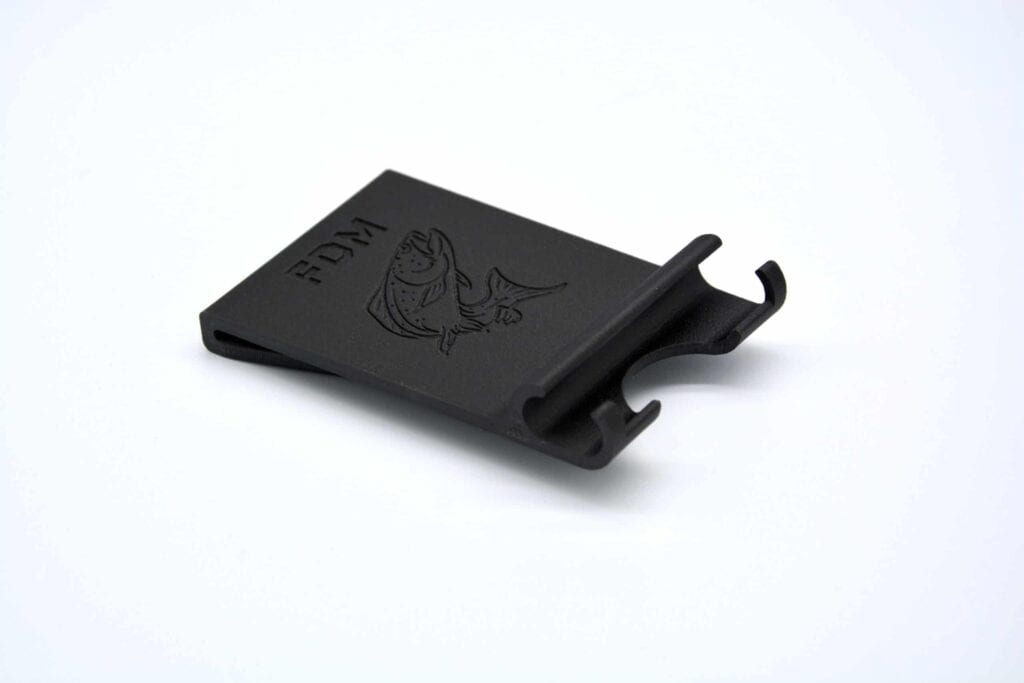
ULTEM 1010
It is a high-performance polyetherimide thermoplastic with a melting point of 340°C and a glass transition temperature of 216°C. ULTEM 1010 has the lowest coefficient of thermal expansion. It has food-contact and biocompatibility certifications, which makes it ideal for applications in the food industry.
It is a high-performance polyetherimide thermoplastic with a melting point of 340°C and a glass transition temperature of 216°C. ULTEM 1010 has the lowest coefficient of tetherimide thermoplastic with a melting point of 340°C and a glass transition temperature of 216°C. ULTEM 1010 has the lowest coefficient of thermal expansion. It has food-contact and biocompatibility certifications, which makes it ideal for applications in the food industry.
- Technology: Fused Deposition Modeling (FDM)
- Key features: Excellent heat resistance, tensile strength, low coefficient of thermal expansion
- Common applications: Medical tools, temperature resistant dies
It is a high-performance polyetherimide thermoplastica melting point of 340°C and a glass transition temperature of 216°C. ULTEM 1010 has the lowest coefficient of thermal expansion. It has food-contact and biocompatibility certifications, which makes it ideal for applications in the food industry.
 Europe
Europe  Türkiye
Türkiye  United Kingdom
United Kingdom  Global
Global 

 Anmeldung mit meinem Xometry-Konto
Anmeldung mit meinem Xometry-Konto  0
0
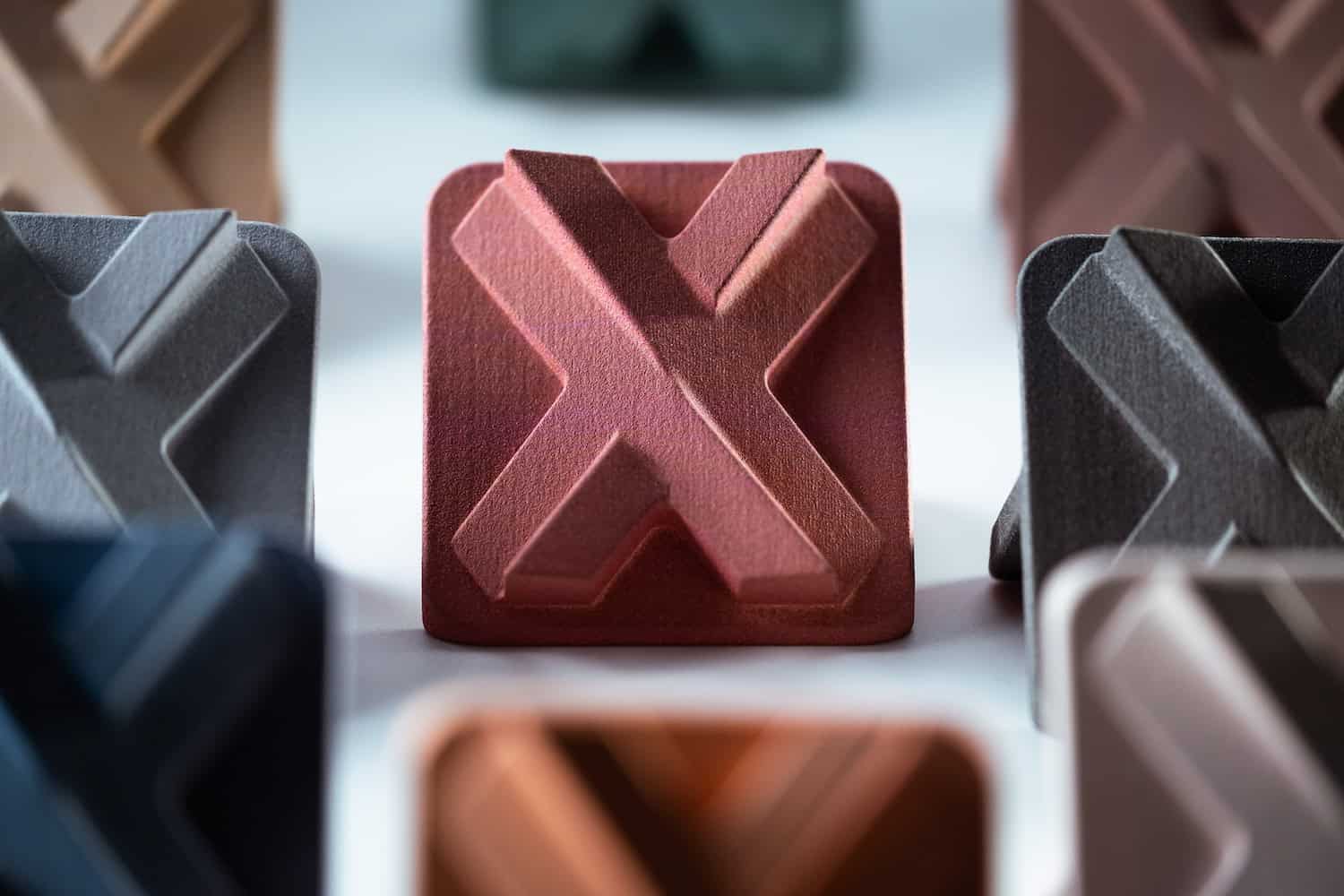
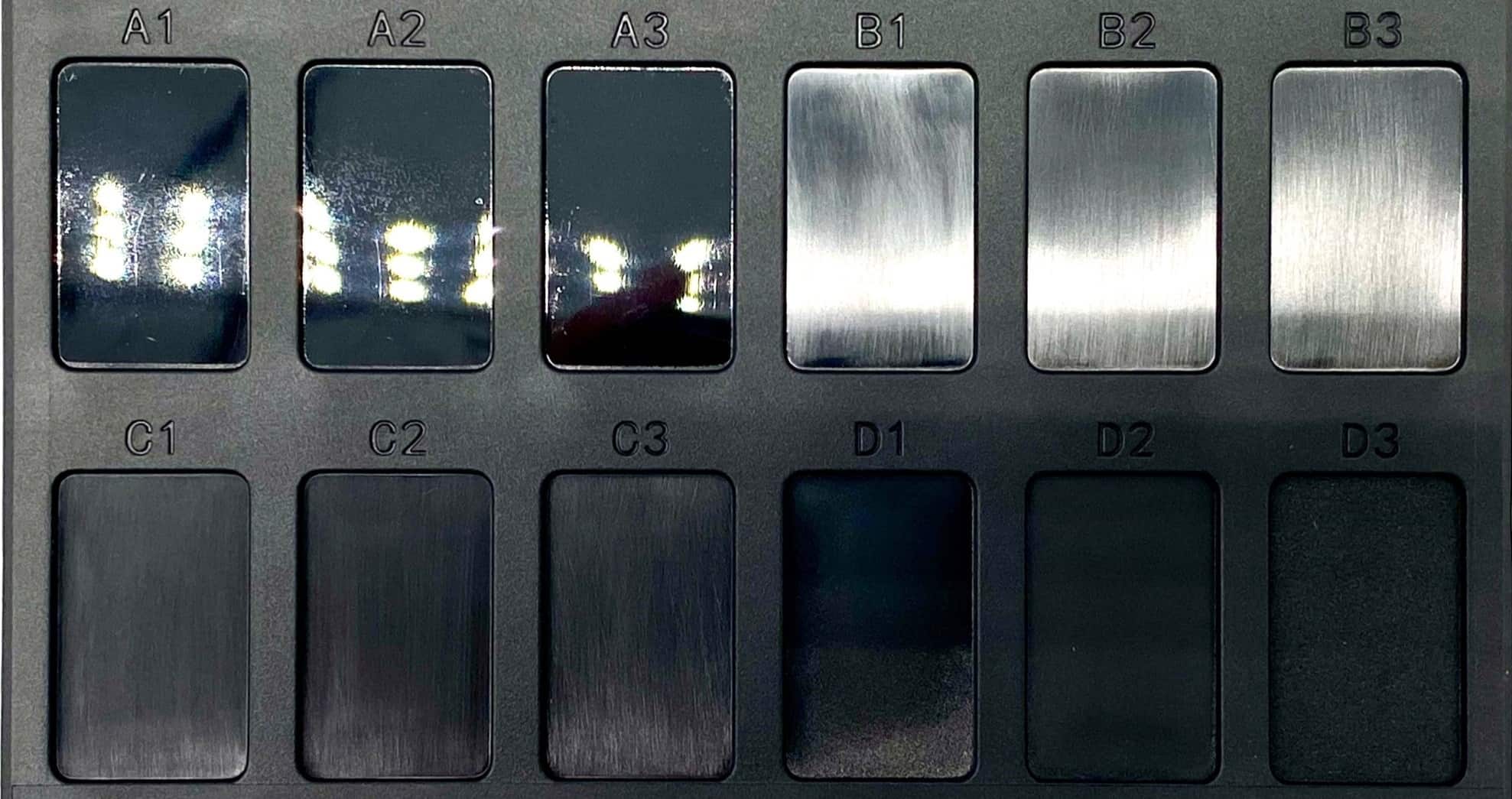
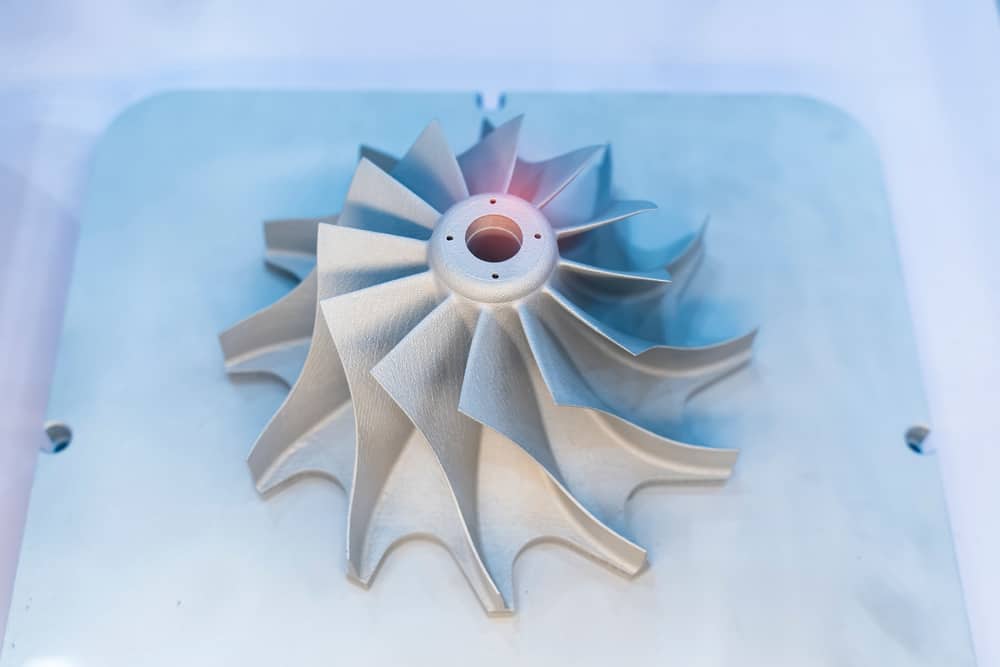
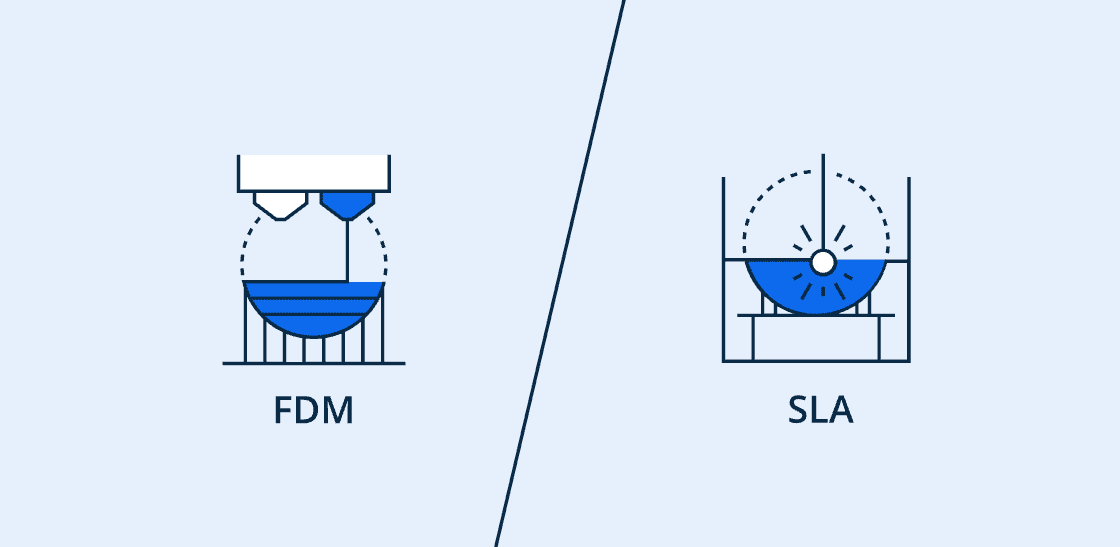
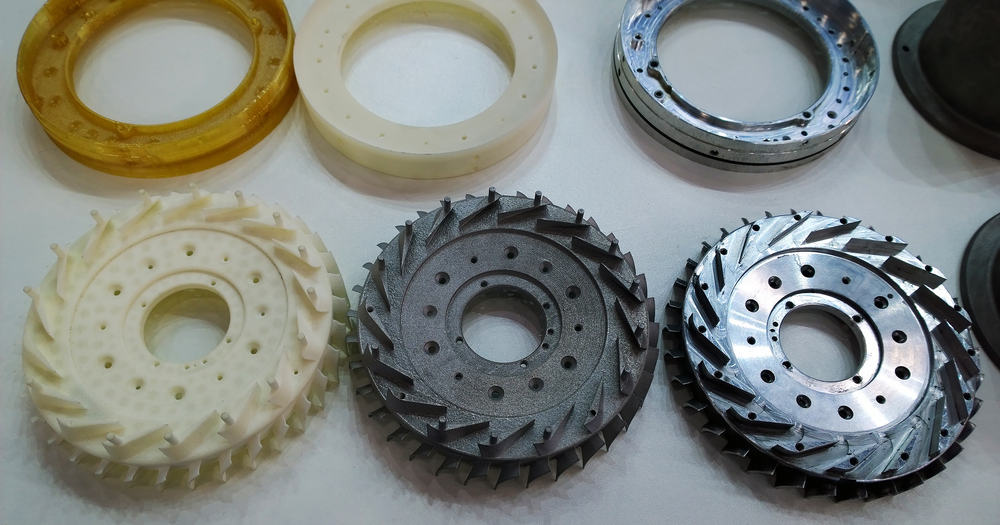



Comment(0)